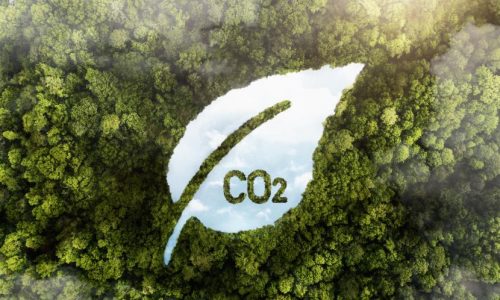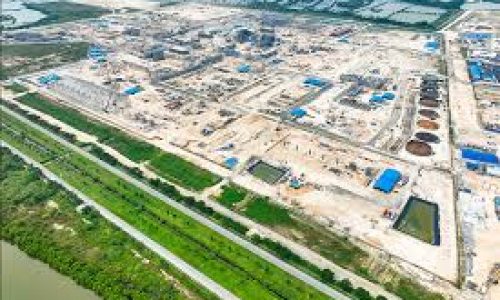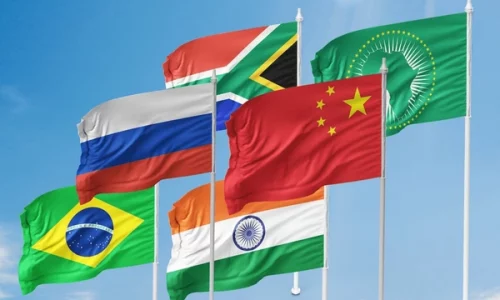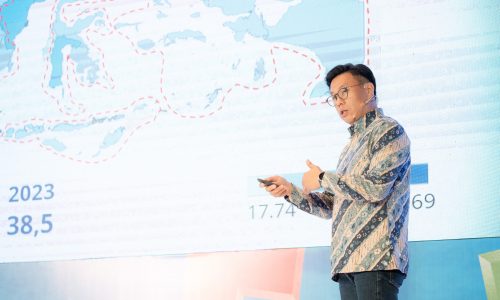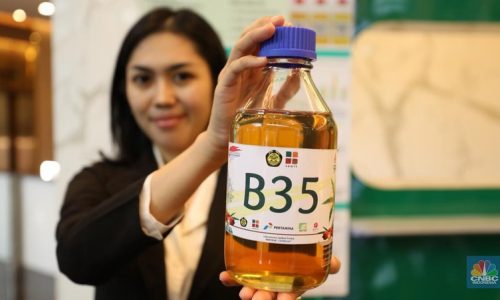Minister of Finance Sri Mulyani Indrawati has reported that the realization of the basic macroeconomic assumptions for 2024 completely missed the target set in the 2024 State Budget (APBN), with economic growth in 2024 at 5 percent, lower than initial assumption of 5.2 percent.
“We all know that the APBN was designed and drafted with the assumption that growth in 2024 would be 5.2 percent. We estimate that the outlook will be at 5 percent,” Sri Mulyani told a press conference in Jakarta, on Monday, January 6, 2025.
Inflation throughout 2024 was at 1.57 percent (year on year/yoy), far below the target of 2.8 percent. On the other hand, the average rupiah exchange rate reached Rp16,162 per US dollar, weaker than the assumption of Rp15,000 per dollar.
Sri Mulyani cited that the weakening of the rupiah was triggered by global factors, including the Federal Reserve’s interest rate hike policy (Fed Fund Rate) and the strengthening of the US dollar.
“Capital outflow has deviated from what we previously assumed,” she said.
Then, the Yield on 10-year Government Securities (SBN) reached an average of 7 percent, higher than the assumption of 6.7 percent.
The average price of Indonesian crude oil (Indonesia Crude Price/ICP) only reached US$71.6 per barrel, below the assumption of US$82 per barrel. Meanwhile, the realization of oil lifting until November 2024 only reached 571.7 thousand barrels per day (bpd), below the assumption of 635 thousand bpd. Gas lifting reached 973 thousand barrels of oil equivalent per day (bopd), lower than the target of 1.03 million bopd.
Global pressure
Sri Mulyani cited that various global factors, such as tight monetary policy in the United States and geopolitical uncertainty, have put significant pressure on achieving Indonesia’s macroeconomic assumptions.
With these results, the government will evaluate further to ensure the sustainability of economic stability in the coming years.
“We will continue to take corrective measures so that the APBN remains a credible and adaptive instrument,” Sri Mulyani concluded.



